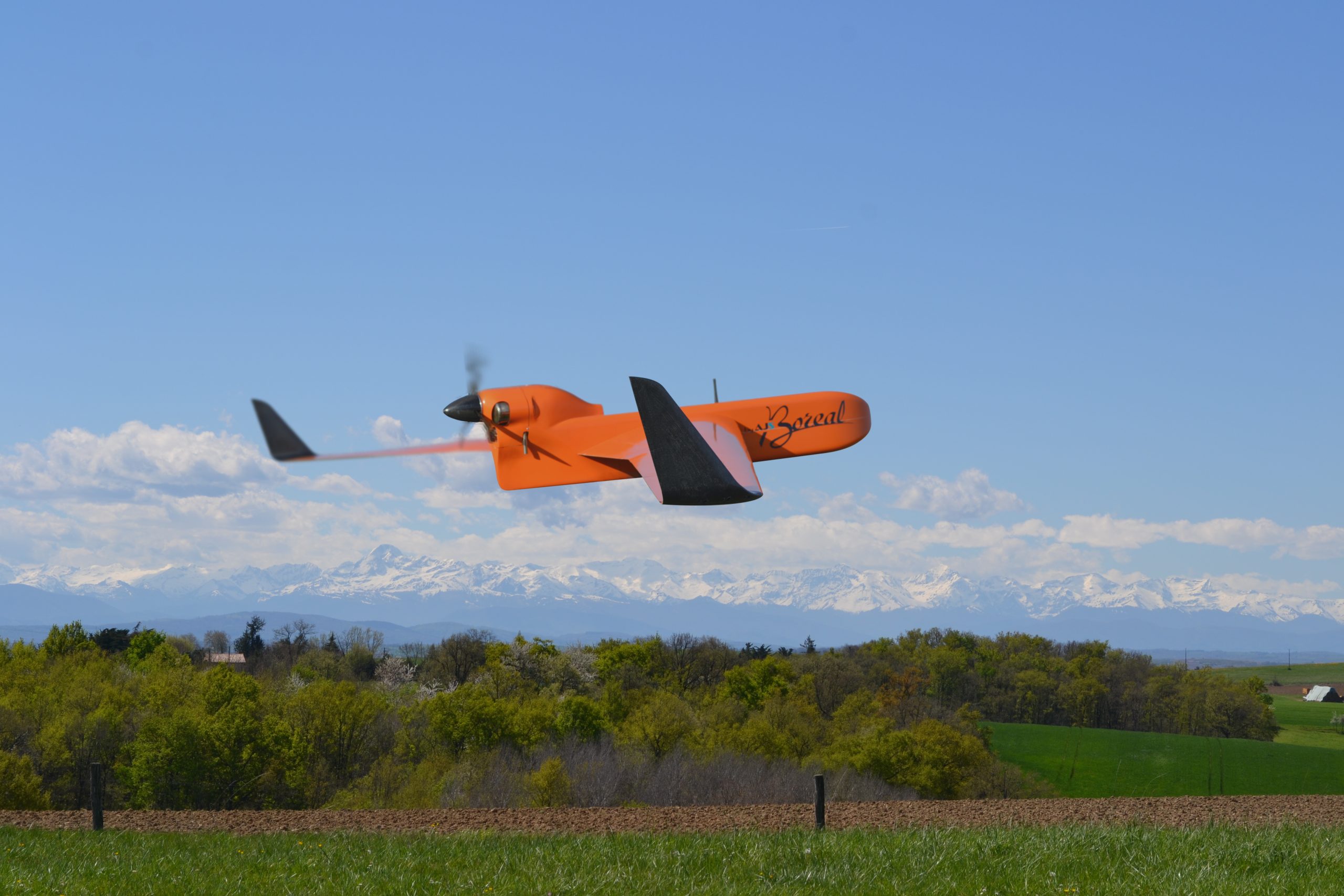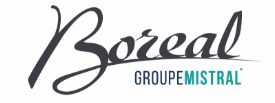Decarbonizing the aerospace sector will require the use of electricity and hydrogen. This transition includes the use of sustainable fuels such as FAS, the combustion of hydrogen, or the use of electricity generated by fuel cells.
Hydrogen can be used in a variety of gaseous and liquid forms, and the challenges facing the aerospace industry are considerable.
To accelerate the electrification of this sector, numerous investments are being made to demonstrate the feasibility and viability of these projects. Several stakeholders are already engaged in the development, testing, and in-flight trials of these innovations.
We are convinced that certain components are particularly difficult to test on the ground and require the establishment of a flying laboratory. The latter would make it possible to integrate, monitor and analyze the behavior of these components in constrained environments.
Gemesis, an expert in prototyping, characterization and testing of components under hydrogen in partnership with M3 Systems, owner of the BOREAL UAV and specialized in the integration and in-flight validation of critical UAV systems, announces the launch of an innovative service.
This service uses the high-capacity BOREAL LAB drone to carry out missions aimed at qualifying critical hydrogen components under real-life conditions.
The first flying laboratory to test components for the hydrogen market.
Key service features :
Real-world missions: The SkyH2 Lab service offers the possibility of carrying out missions under real-life conditions, enabling accurate and reliable evaluation of hydrogen components in a variety of environments.
Expertise in H2 Component Integration: with its expertise, the Gemesis team will support you in the challenges linked to the activation of components under H2, including safety, command, control and on-board monitoring. It will also define the appropriate test environment, including valves, PID components, etc. Thanks to its partnerships, Gemesis will be able to carry out post-experimental and post-mortem analyses.
Expertise in the integration of sub-systems and components on remotely piloted aircraft systems such as UAVs: M3 Systems, with its experience in the integration of payload components, guarantees efficient data collection and rigorous qualification of the parts tested.
Flight Authorization Expertise: M3 Systems has the skills and experience needed to obtain authorizations to fly in various environments with critical components.
“Our drone is perfectly suited to operating in a maritime environment. We’re delighted to be working with Gemesis on this innovative project, which will enable us to understand the behavior of these components in complex environments” Michel Gavart, CTO of BOREAL.
“Our partnership with M3 Systems and BOREAL is crucial for testing, improving and understanding components under harsh conditions, and for correlating the results of simulation test benches with real operating environments. We are focusing on very specific measurements for the optimization of control elements and on-board impedance spectroscopy, which will be tested under real-life conditions. We are delighted to be working with M3 Systems, renowned for their mission-critical expertise.” Samuel Guesne, President of Gemesis.
SkyH2 Lab: Redefining the boundaries of experimentation
Issues :
Testing under real conditions
Testing under real conditions is crucial for simulating the authentic situations that components will face during operational use This includes management of vibrations due to flight, variations in acceleration at different angles, and other environmental factors likely to impact component performance.
Risk Reduction in the Experimental Validation of Components:
Testing hydrogen components with a stand-alone system reduces the risk of unexpected performance or potential failure. This ensures that components are robust and reliable under a wide range of operating conditions, minimizing the risk of accidents.
Design optimization :
Real-life testing provides real data on how components interact with the environment. This information is essential for optimizing component design.
Experimentation in various environments :
Qualification involves testing in a variety of environments, from high altitudes to changing weather conditions. Testing components in a drone enables us to evaluate their performance in different environments, ensuring maximum adaptability to different flight conditions.
Time and cost savings:
Although field testing requires a substantial initial investment, it can save time and money in the long term, particularly by reducing the complex risks associated with Atex testing in climatic chambers or on unsuitable test benches. By detecting performance problems at an early stage of development, you can quickly make the necessary adjustments. This avoids additional costs arising from failures that may occur at a later date.
Contact:



